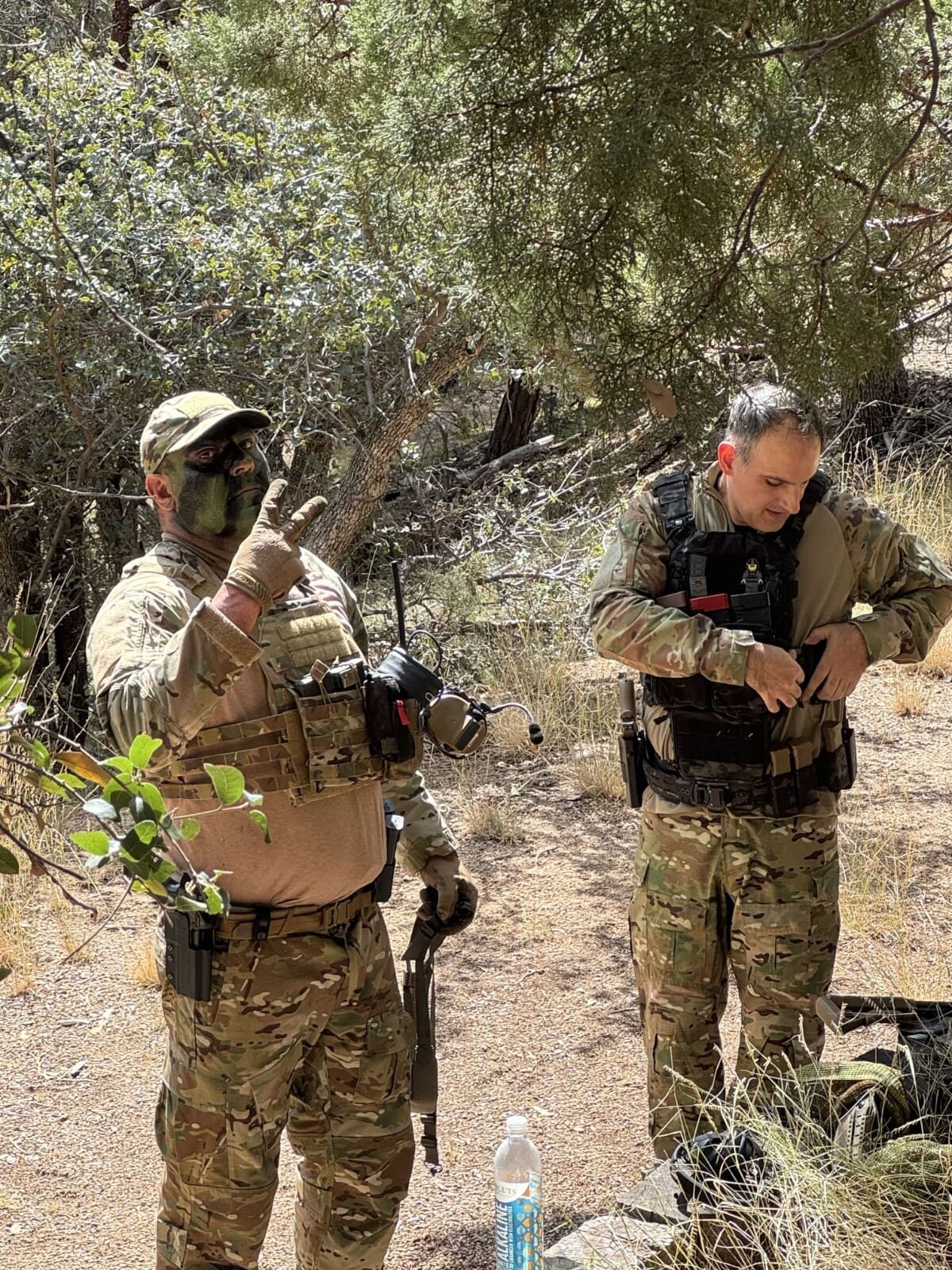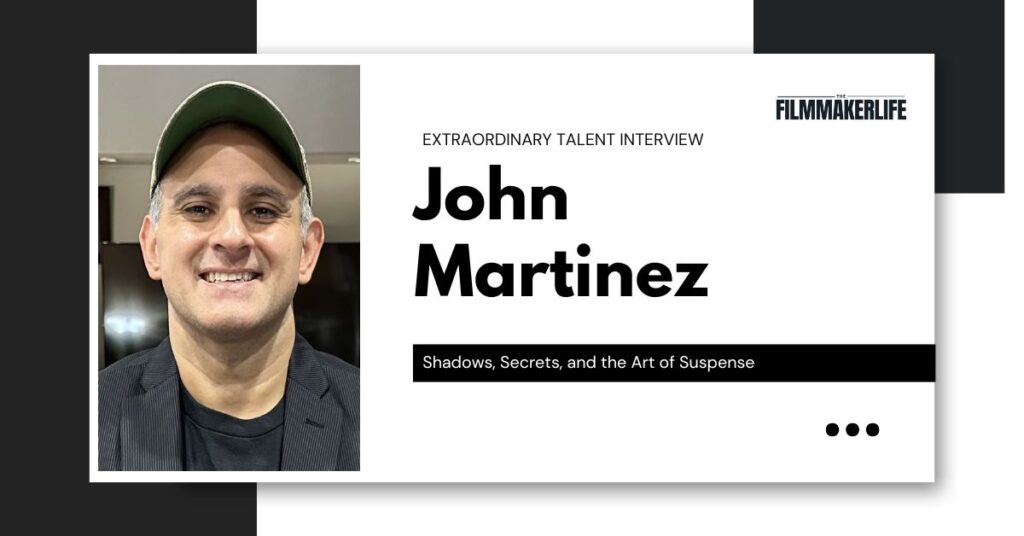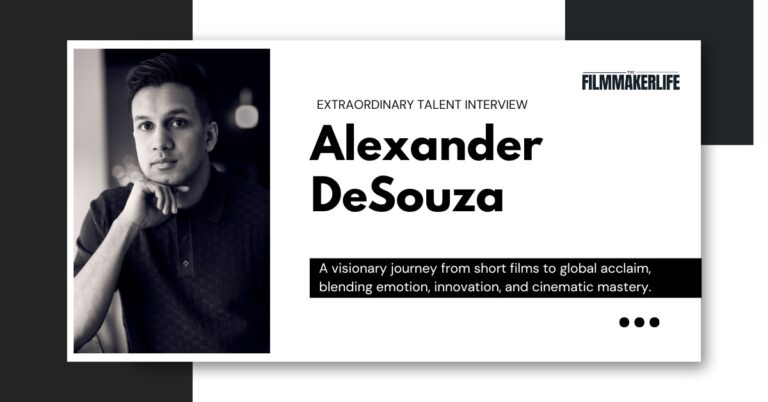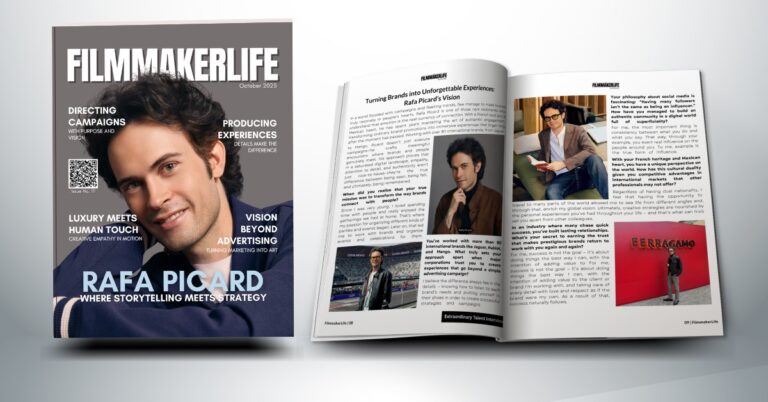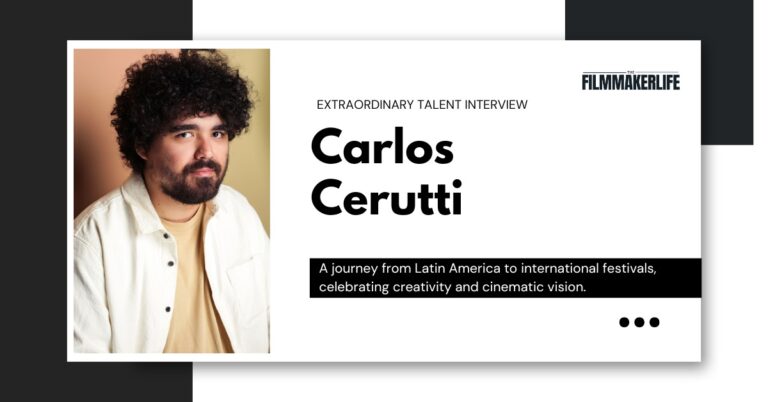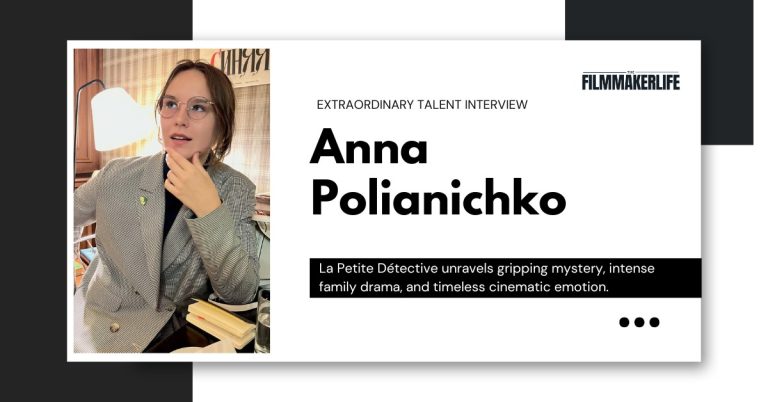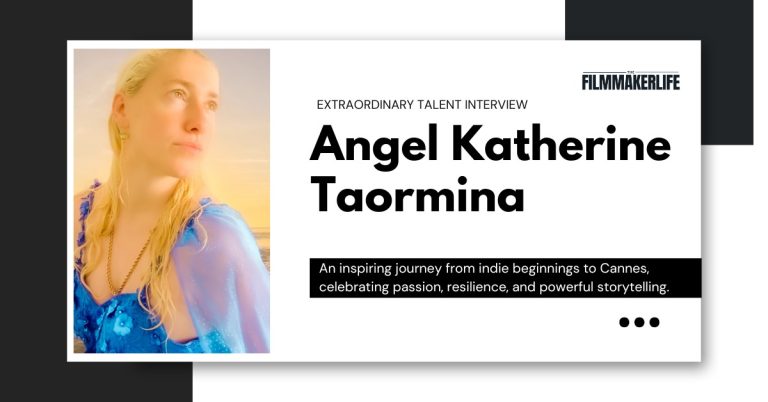With a distinguished 25-year career in federal law enforcement, John Martinez has taken an unconventional yet deeply compelling path into the world of fiction writing and filmmaking. His transition from the high-stakes world of real investigations to crafting gripping thrillers has resulted in atmospheric works such as Shadows, Secrets, and the powerful series The Days of Knight. In this interview, we delve into how his firsthand experiences, sharp observational skills, and unwavering commitment to authenticity allow him to create emotionally charged narratives and morally complex characters. A must-read conversation with a storyteller who masterfully transforms reality into cinematic art.
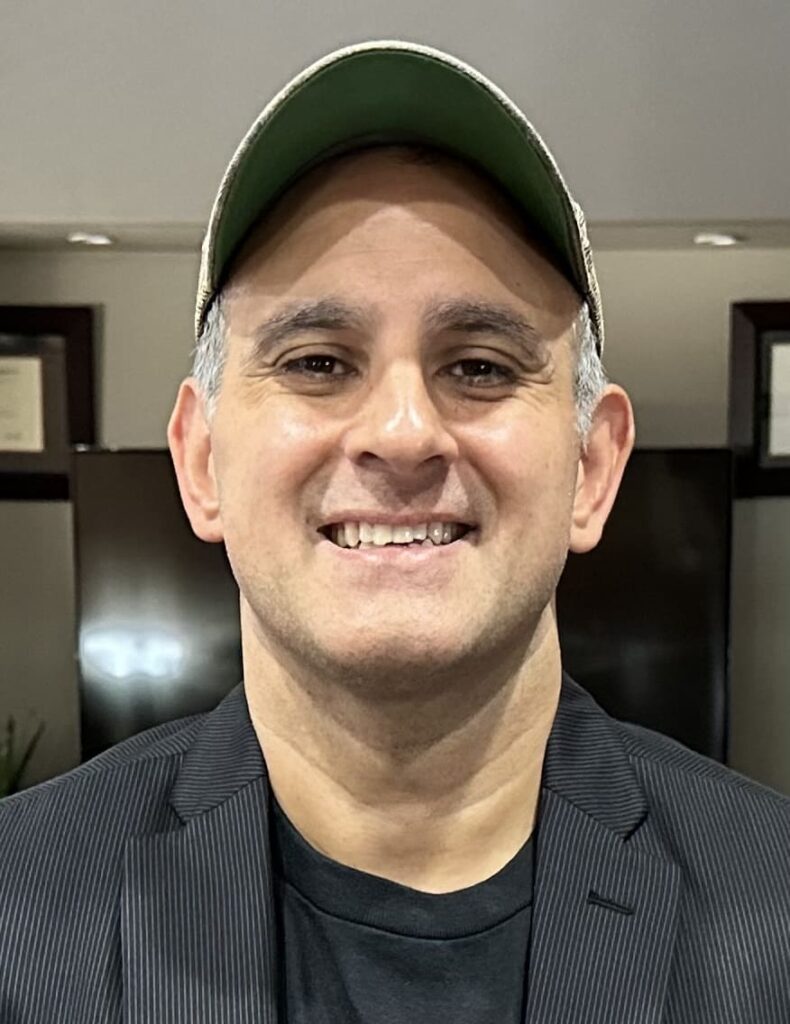
You spent 25 years immersed in federal law enforcement-high-stakes, high-pressure, and often shrouded in secrecy. How did you transition emotionally and creatively from that reality into the world of fiction writing?
Retirement has been a truly welcome change-less pressure, more freedom, and plenty of time for enjoyment. Starting this new chapter has been both exciting and deeply rewarding. Now, I can fully dedicate myself to the stories I’ve long wanted to tell and believe me, there’s no shortage of them. The best part? I get to weave real events and unforgettable characters into every story I write.
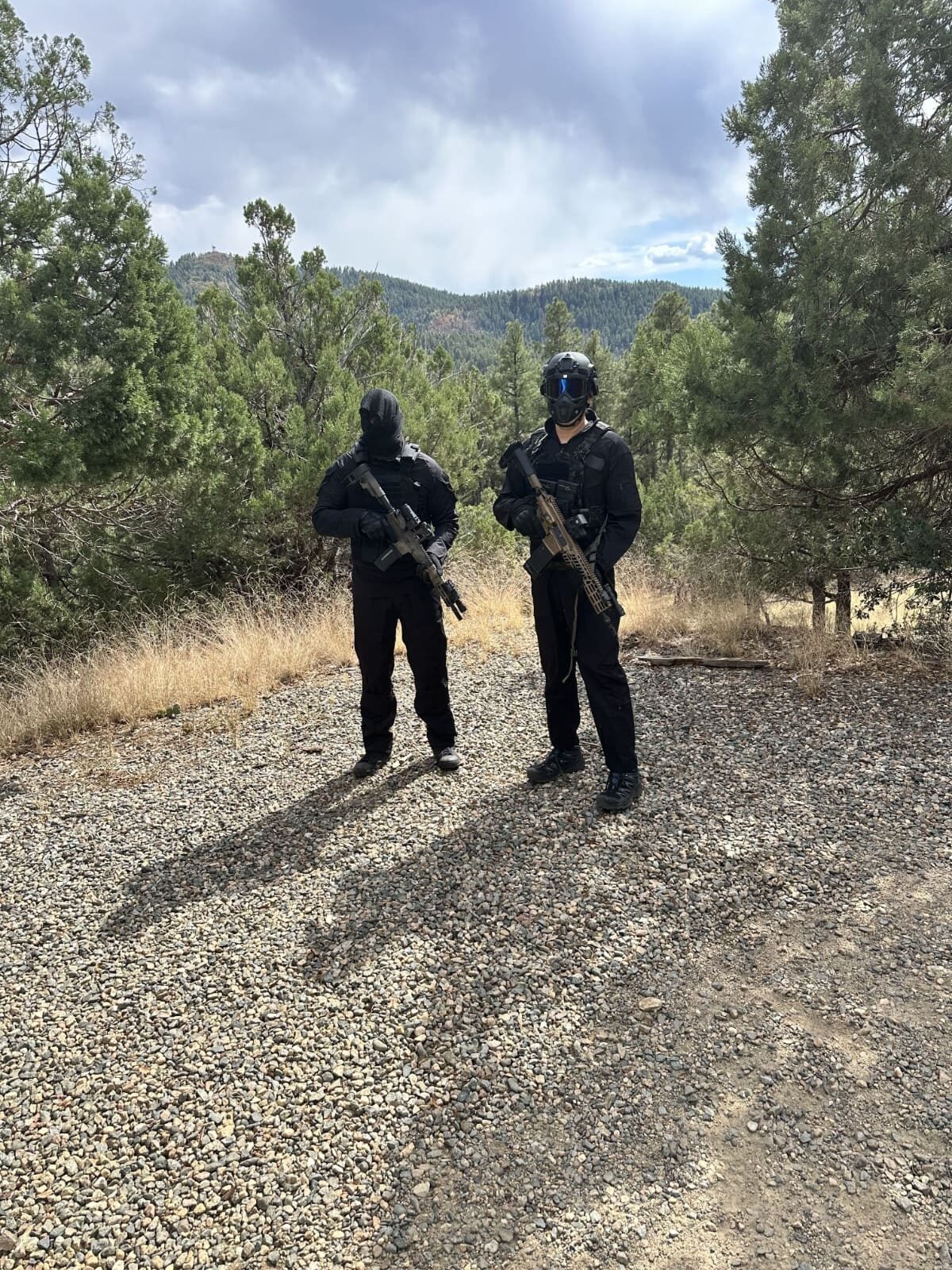
Your thrillers are described as “taut” and “atmospheric,” often exploring moral gray areas. What compels you to delve into those shadows, and how do your real-life experiences influence the emotional core of your characters?
I love crafting stories that carry traces of reality, subtly blended with a touch of fiction. I believe people connect more deeply with narratives they can see themselves in. Stories built around strict black-and-white themes don’t appeal to me-life isn’t that simple. I’m more drawn to placing characters in complex situations and watching them navigate the gray areas. That’s where the real intrigue lies.
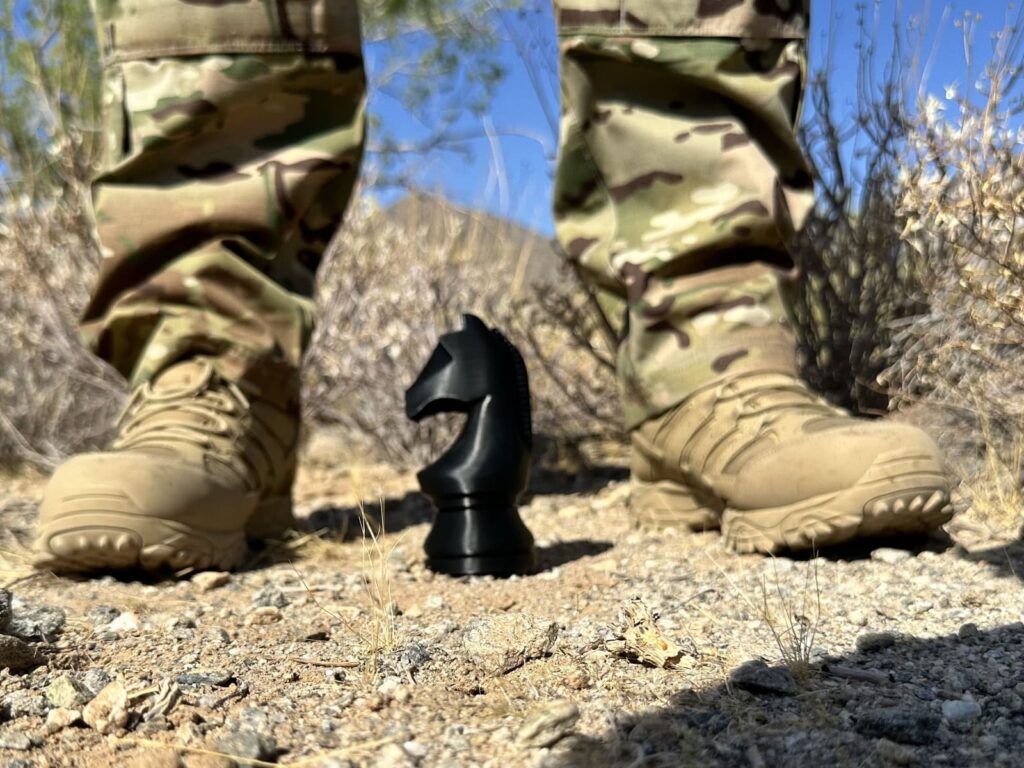
In your career, you were trained to observe, detect, and decode. How has that honed observational skill shaned your writing style pacing or ability to craft psychological tension?
My career offered a front-row seat to the full range of human emotion-from crushing sorrow to unfiltered joy. Witnessing these moments, especially through the nuances of body language and interaction, became a masterclass in storytelling. I was always intrigued by how effortlessly people could deceive often without saying a word. The real world moves fast, and in those high-stakes, tension-filled moments, dialogue can be as sharp and unforgiving as a razor.
You mention that in your stories, “every silence speaks volumes.” Could you share a moment from your writing where silence-either on the page or between character carried more weight than words?
I’m currently revisiting and rewriting The Days of Knight: Chapter 2, and I’ve found that some of the most powerful moments come when characters are silent. It’s in those quiet spaces that the audience can truly begin to connect with them. I believe it’s often in the stillness-when nothing is said that emotional bonds are formed. As the saying goes, ‘silence is bliss”.
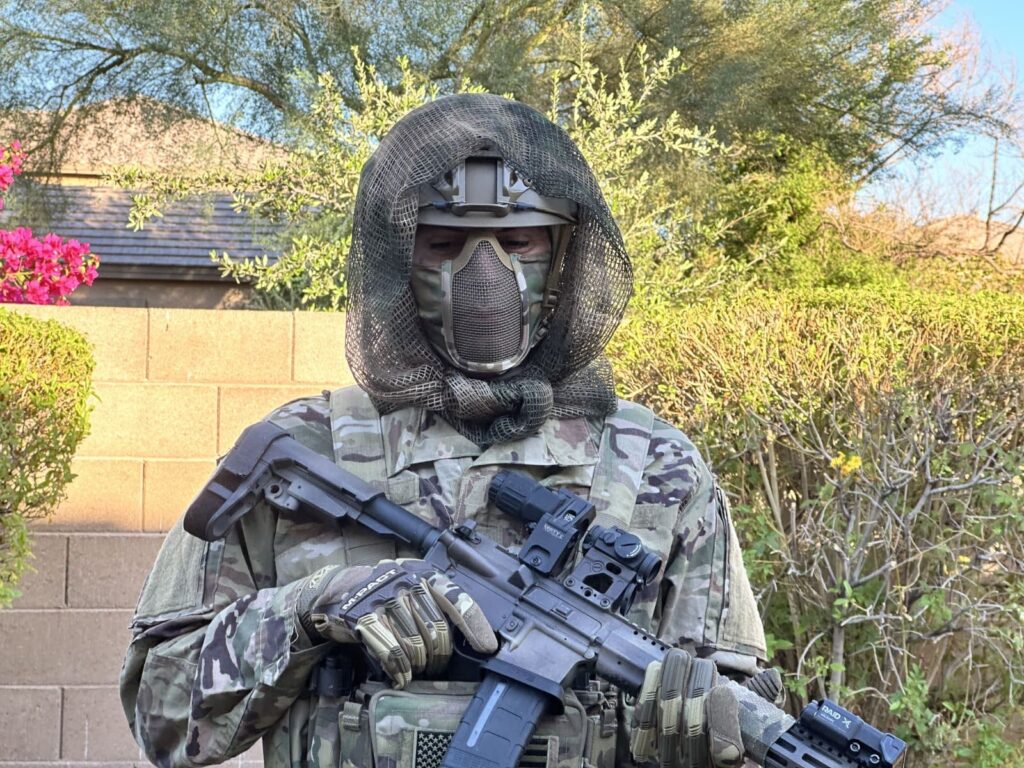
Having witnessed the justice system up close, how do you balance the need for narrative closure in your films with the often ambiguous outcomes of real-world investigations?
I love the stories I create because they rarely have a clear beginning or end-much like life itself. In my films, the ending often signals the start of another journey. Life doesn’t follow a neat three-act structure, and my storytelling leans into that idea. We’re simply witnessing moments in these characters’ lives, caught at a specific point in time. To me, that feels like a more honest way to tell a story. Even when our heroes ride off into the sunset, there’s always another challenge waiting just beyond the horizon.
Many authors write as a way to process their past. Has writing thrillers been a form of catharsis or self-discovery for you? What have you learned about yourself through your characters?
In many ways, writing is a form of self-discovery for me. I often find myself drawn to the ‘what if moments in my own life-like, ‘What if I had gone to film school?’ Would my path have been different? Probably. But I don’t think I’d be the filmmaker I am today. I believe we’re all strong characters in real life, and the true drama lies in how we respond to the situations we face. In my work, I create strong characters and place them in relentless, high-stakes moments-not to break them, but to reveal them. That’s the kind of storytelling I’m passionate about: characters tested by unflinching reality. That’s where the drama lives.
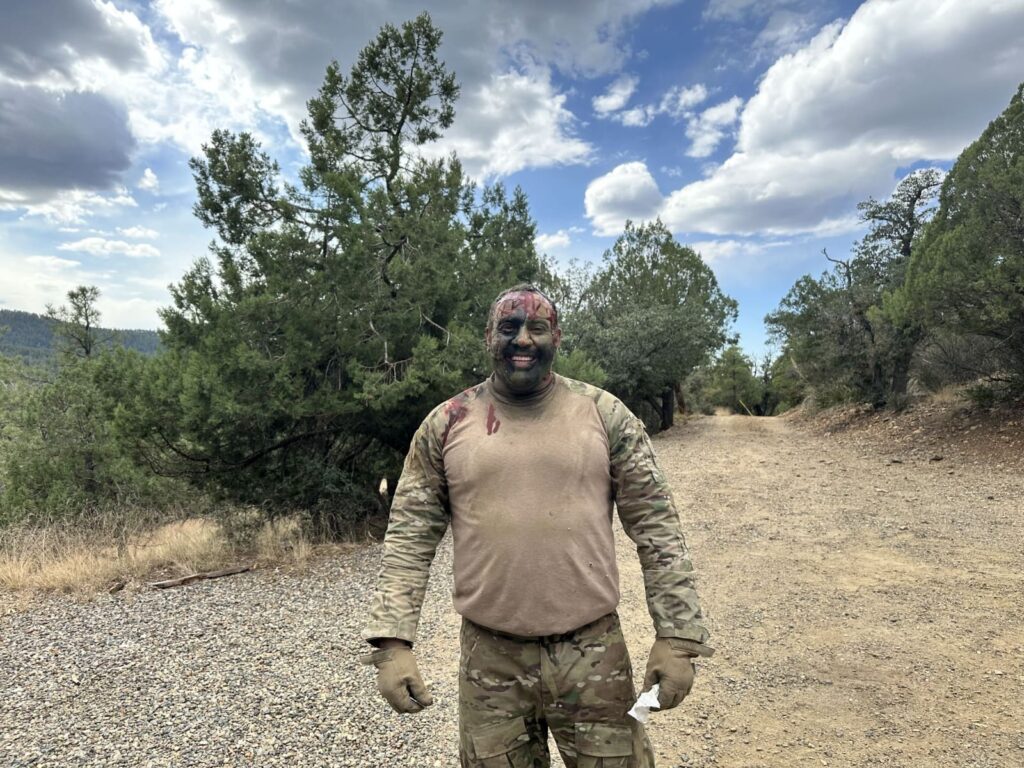
Your voice is described as “honed by years of unraveling real-world mysteries.” Do you feel a responsibility to bring authenticity to the thriller genre, and how do you navigate the line between realistic detail and storytelling flair?
Such a great question! Writing these stories comes naturally because many of the moments are inspired by real experiences from my career-though they were rarely this thrilling in real life! I’ve found that the more authentic the story feels, the easier it is for the audience to become emotionally invested. My work often blurs the line between reality and fiction. While the scenes may be rooted in truth, the outcomes are usually dialed up with just the right amount of flair to keep the story alive and pulsing. I never want the audience to feel like they can look away. I want them fully immersed, always wondering what’s going to happen next.
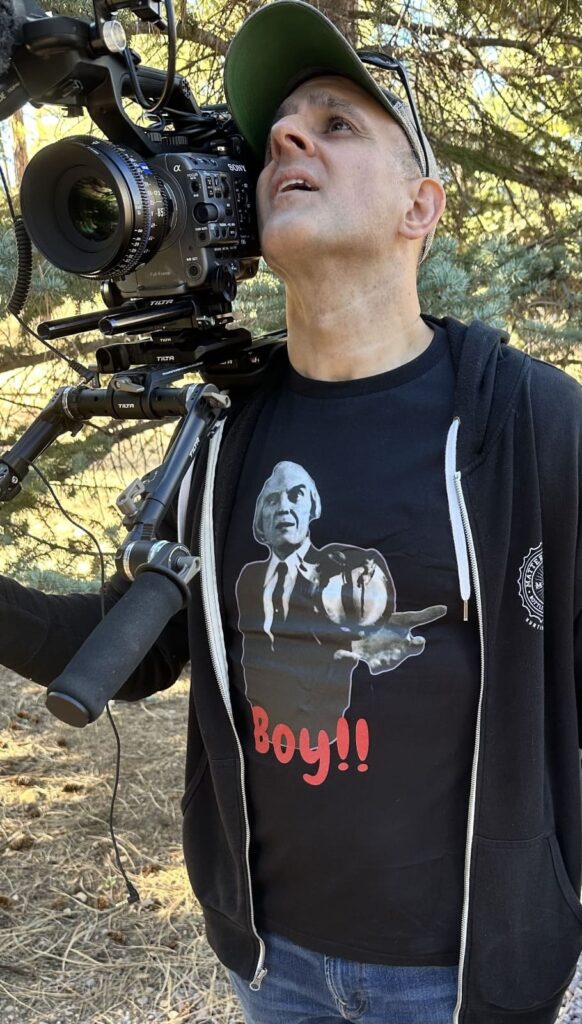
Do any characters in your films serve as composites of people you encountered during your law enforcement years? How do you balance homage with anonymity?
Absolutely. In my 25 years, I’ve encountered some truly unforgettable characters-people so unique, I couldn’t have invented them if I tried. They embodied the full range of the human spirit, and it would feel wrong not to weave elements of them into my films. In a way, it’s a tribute. While they may only be fragments of the characters I create, each one is inspired by someone I knew. Writing becomes more natural when I can hear their voices in my head as I shape the scenes. It brings authenticity to the page.
What does success look like for you now-not in terms of sales or reviews, but in what you hope your moviegoers take away from your work?
What began as a simple bucket list item-just something I wanted to try-turned into an unexpected journey. I never imagined the impact my films would have on the festival circuit, and I’m truly grateful for the recognition and support. That success has only fueled my passion for writing and filmmaking. At the heart of it all, my greatest hope is that audiences enjoy the story-that they find something fresh, engaging, and entertaining. That’s the real reward for me.
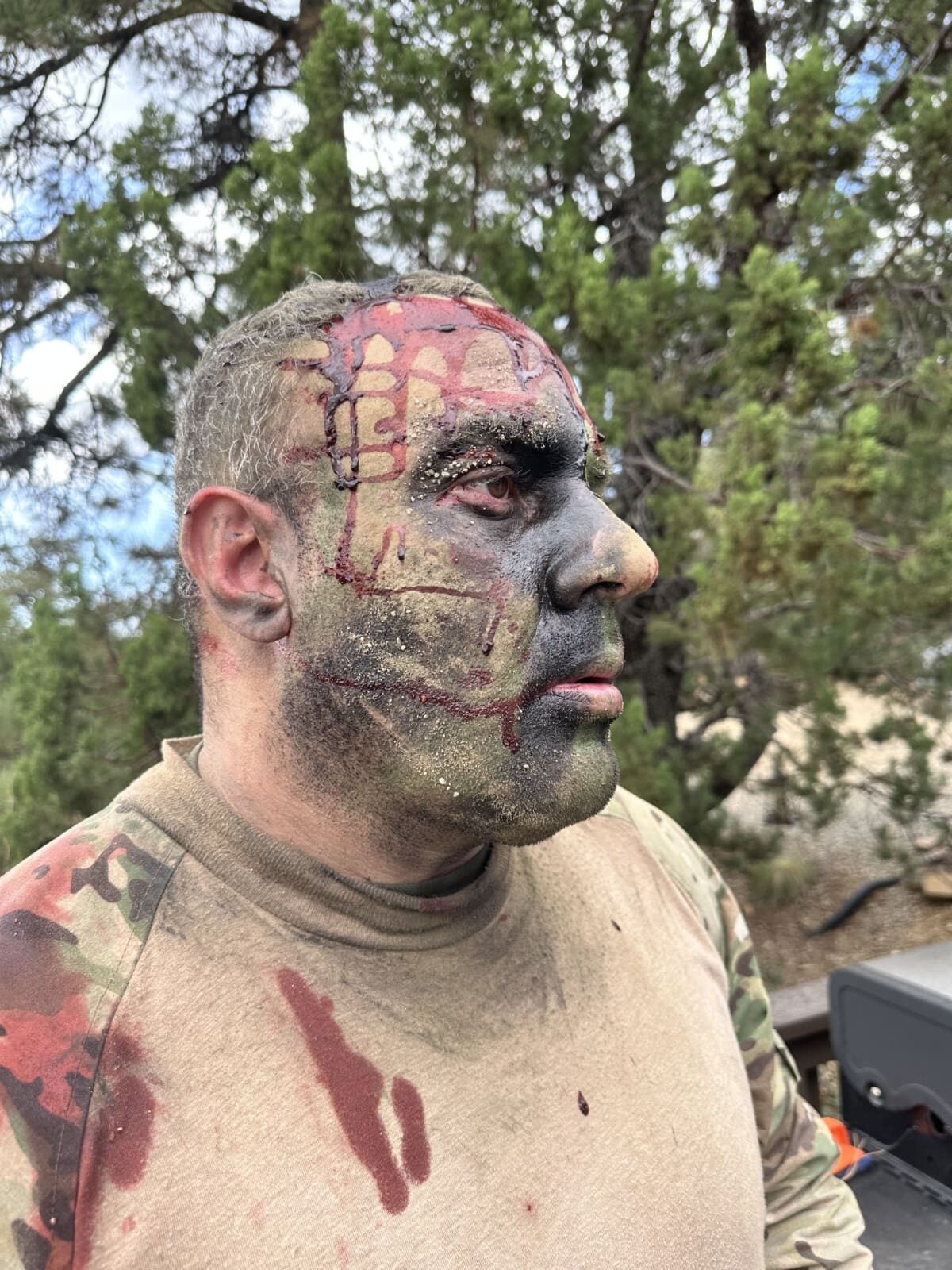
For other creatives who may be coming from high-intensity careers or who are considering a late-life reinvention, what’s one piece of advice you’d give about turning lived experience into lasting storytelling?
My advice? Just go for it! There’s a unique thrill in bringing an idea to life-watching it evolve from a spark in your mind to a visual story on screen. Collaborating with other passionate, like-minded creatives is where the real magic happens. And for those of us who’ve lived through powerful experiences in our careers, we have a rare opportunity to tell stories that might inspire or move others to create as well. Filmmaking is a constant mix of recognition and rejection-it can change by the day-but that’s what pushes us to grow. In the end, it’s that challenge that shapes us into better storytellers.
